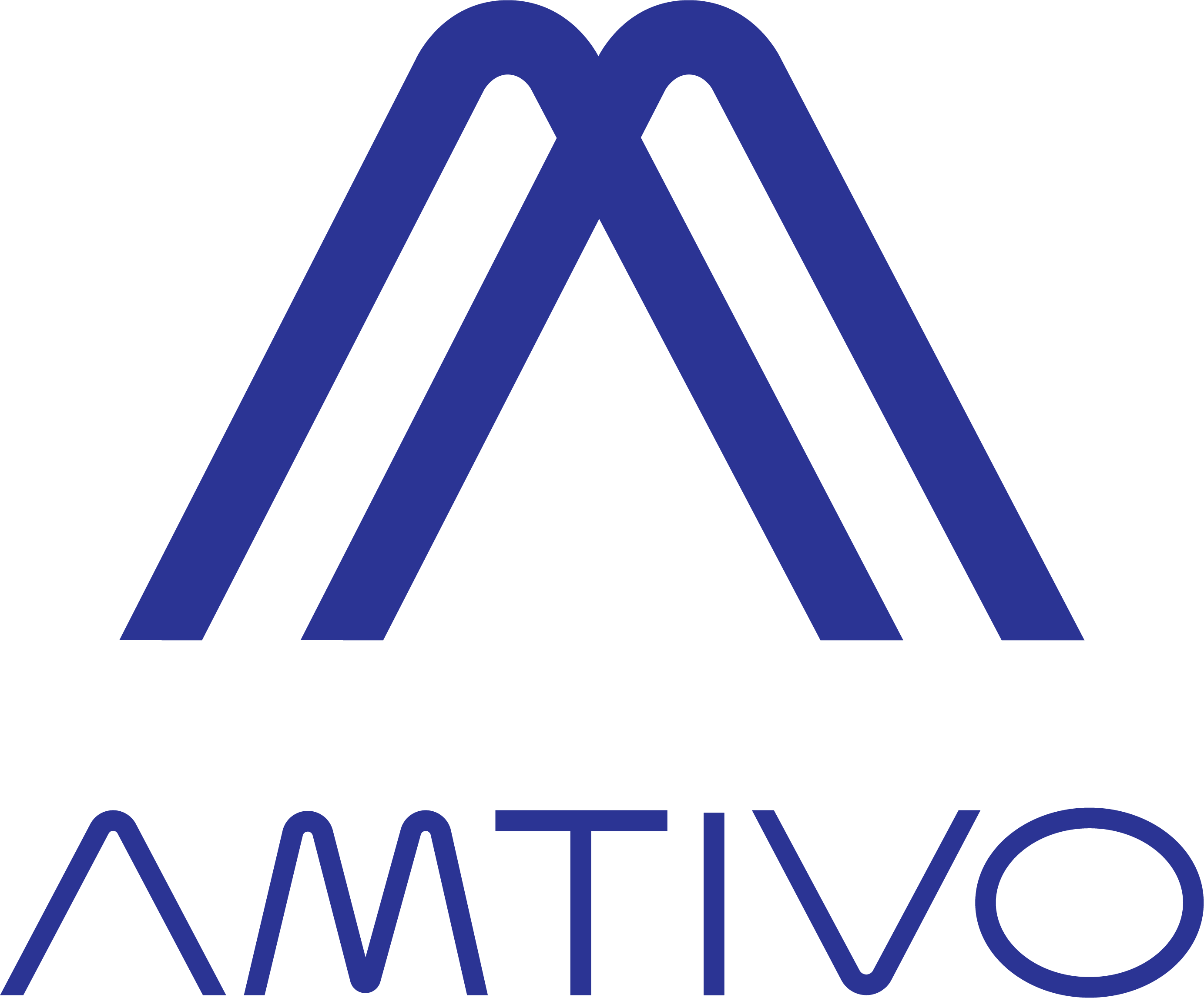The past 12 months have been a year of major change for many organisations, partly driven by environmental, social and governance (ESG) issues impacting operations, activities and human resources. Supply chain disruptions, increased energy costs, the outcomes of COP27, and the prominence and visibility of movements such as Black Lives Matter and #MeToo have made ESG trends and regulatory compliance hot topics for businesses, investors and stakeholders.
Organisations have needed to accelerate their focus on ESG policies – ensuring good governance on topics such as data security, reducing environmental impact, and ensuring fair workforce practices are at the heart of the supply chain.
Much of the change has been driven by customer demand and workplace inequalities being placed under the spotlight. With 85% of people worried about climate change coupled with workplace issues such as women being hired at a lower rate compared to men, stakeholders and investors are keenly scrutinising organisations to assess their ESG performance against commitments.
By staying informed of current ESG trends and tracking future ESG trends, organisations may find themselves better placed to weather and preempt any potential ESG issues and concerns whilst having a widespread, positive impact on society and the environment.
Find out how Amtivo, formerly Certification Europe, can help your organisation’s ESG goals.
What is ESG?
ESG stands for environmental, social, and governance – a set of criteria that evaluates an organisation’s impact on the environment, society and its management practices, such as compliance with activities such as data handling. ESG factors have become increasingly important for investors, stakeholders and consumers when assessing an organisation’s ethics, long-term sustainability and overall reputation.
Organisations that successfully integrate ESG principles into their operations and strategies may be viewed as more resilient, able to more rapidly innovate and better equipped for long-term success through monitoring and derisking ESG-related impacts.
The environmental component relates to an organisation’s commitment to minimising environmental impact. This can include activities such as resource management, waste and pollution reduction, carbon emissions control and addressing broader climate change risks that operations can impact. Organisations with robust environmental practices may adopt sustainable energy sources, decrease waste and actively work to reduce their greenhouse gas emissions.
The social component relates to the organisation’s relationships with its employees, suppliers, customers and communities where it operates, such as local communities that supply workers as part of a supply chain. Social commitments can cover issues such as fair labour practices, diversity and inclusion (DE&I), employee engagement, health and safety, human rights and community involvement. Organisations with strong social policies may foster more positive work environments and contribute to the welfare of the communities they engage with.
The final component of ESG is governance, which includes policies and processes that govern an organisation’s management and oversight, such as board diversity, data processing, financial reporting and ethical conduct. Effective governance practices can help organisations operate responsibly and transparently, reducing risk and increasing investor and stakeholder confidence.
7 key ESG trends to watch in 2023
With ESG-related topics such as sustainability, diversity and inclusivity and the inflationary impact of the cost of living and worker wages, many of 2022’s ESG drivers are set to remain top drivers for organisations throughout 2023.
Charting a course for ESG issues for the remainder of 2023 can be challenging. Common themes – often regulatory-driven, such as data and privacy – will underpin emerging drivers.
However, while many underlying ESG drivers remain in place – such as reducing carbon emissions and fostering a more diverse leadership team – some may evolve, such as increased scrutiny of supply chains due to environmental pressures. Other geo-political events can impact ESG-related issues, such as the invasion of Ukraine by Russia and subsequent sanctions and supply chain impacts.
Here are seven ESG trends to watch over the coming year.
1. ESG monitoring and data compliance is key…
While ESG manifests itself mainly as frameworks that determine how an organisation is meeting ESG-related goals, there has been little in the way of standardisation and extracting that data to be transportable and usable within and between organisations. As a result, investors, stakeholders and consumers can face difficulties in evaluating performance on ESG criteria consistently and accurately.
Regulatory bodies are likely to accelerate their implementation of ESG-related regulation and compliance, requiring organisations to hone their policies in light of legislation, from the requirements made by GDPR through to non-Irish organisations such as the US’s Security Exchange Commission (SEC) requiring organisations to adopt new climate change impact disclosures.
This means organisations will need to double down on actively monitoring and responding to a wave of new compliance and regulatory requirements that impact ESG issues and put in place systems to monitor, record and report compliance-based ESG requirements more effectively.
Learn how management systems such as O&HS (ISO 45001) and information security (ISO 27001) can support ESG activities.
Learn how to implement ISMS with our ISO 27001 implementation training course.
2. … With global ESG regulations creating data risks
The increased pace that ESG regulations are being drafted could lead to headaches for international organisations based in Ireland as they have to navigate a patchwork of regulatory requirements, such as with two current examples in Europe being the Sustainable Finance Disclosure Regulation (SFDR) and the UK Sustainable Disclosure Requirements (SDR), both of which aim to direct capital towards greener financing.
This, alongside the launch of the Corporate Sustainability Reporting Directive (CSRD), could be seen as shifting ESG from ‘soft’ law to ‘hard’ law – highlighting it as an increasing priority for organisations worldwide. However, with different regulations across the globe, and depending on the Irish organisation’s reach, plans will need to be developed to navigate these other, sometimes overlapping, laws in different jurisdictions.
One impact emerging from ESG trends is the need for data protection to be hardened.
With a common ESG focus being on supply chains, which commonly cross geographic lines, new, more robust policies would need to be put in place to protect and secure data and mitigate the risk of data attacks. To best protect data and meet data protection regulations, becoming ISO 27018 certified could give you an edge over competitors and increase customer trust.
ISO 27018 is a global standard allowing organisations to protect Personally Identifiable Information (PII), including sensitive customer data, through implementing and managing systems. It is part of the broader ISO 27001 and ISO 27002 standards, but ISO 27018 focuses on safeguarding PII data on cloud services.
Learn more about becoming ISO 27018 certified with Amtivo.

3. The redefinition of sustainable and ethical marketing
With continued customer and regulatory scrutiny of sustainability claims made by organisations, 2023 could see further pushback on greenwashing.
‘Greenwashing’ is the term used to describe marketing and advertising materials falsely presenting a brand or offering as eco-friendly or sustainable or exaggerating their status. Both B2B and B2C organisations can be guilty of greenwashing, misleading customers and stakeholders through carefully-worded materials and reports.
Greenwashing has become a severe issue for many organisations, leading to complaints, lawsuits, decreased customer trust and brand reputation as clients become savvier and more well-informed. But where does the line between compelling marketing and greenwashing sit?
In Ireland, greenwashing falls under the purview of the Advertising Standards Authority of Ireland (ASAI) and the Competition and Consumer Protection Commission (CPCC). The ASAI is responsible for analysing and ruling on advertising materials that could be false or misleading, whereas the CPCC upholds the Consumer Protection Act 2007, which bans traders from engaging in deceptive commercial practices – such as greenwashing.
The European Union is also drafting plans to have organisations prove their green claims.
For Irish organisations looking to improve their environmental standing and impact and avoid the possibility of bad press and negative customer sentiment, there could be a need for increased operational transparency as one of the 2023 ESG trends.
Read our guide on going green – sustainability challenges for businesses and how to overcome them.
4. The response to the energy crisis will escalate
With increases in energy prices across Ireland since 2021 impacting inflation and hitting the bottom line, some see this as an opportunity to increasingly invest in energy efficiency and renewable generation capacity. According to the International Energy Agency (IEA), global investments in energy efficiency have almost quadrupled since 2020, with a 16% increase year-on-year since 2022.
Other drivers – such as Russia’s 2022 invasion of Ukraine and the continuing war – have accelerated green energy generation and supply uptake. With European governments actively switching from Russian-supplied oil and gas in favour of greener supplies less impacted by geo-political events, there has been a move to securing future energy supplies, primarily from renewables.
While organisations with the means to do so could prioritise their energy efficiency acceleration in response to the energy crisis, smaller organisations or those without adequate support could struggle to survive and meet the environmental obligations of ESG.
The Irish government introduced the Temporary Business Energy Support Scheme (TBESS) to support organisations with increases in energy and gas costs, however, this support will only be able to go so far.
Large-scale changes may be required for Irish organisations to reduce their overall energy costs throughout their operations. One way to do this would be to become ISO 50001 certified. ISO 50001 is the global standard for any organisation of any size looking to improve its energy management by implementing an energy management system (EMS).
Learn more about becoming ISO 50001 certified with Amtivo.

5. Supply chain management is under greater scrutiny
The continued scrutiny of supply chain management and operation in the wake of inflation and sustainability demands will likely take on greater importance over the coming year. Besides the slowing down of production due to parts shortages and rising energy and materials costs, climate-related impacts could leave the longest-lasting damage.
This opens up the opportunity for Irish organisations to rethink the approach to and shape of supply chains and how they could become more positively environmentally impactful and resilient. By addressing their inefficiencies, such as accelerated decarbonisation of supply chains, organisations could significantly decrease their overall emissions of greenhouse gases (GHGs).
The government’s Climate Action Plan has set national targets for tackling climate change, with the aim of Ireland becoming net zero by 2050. This plan includes recommendations for organisations to adopt carbon-reduction practices such as switching transport to electric fleets, cutting emissions and shortening the supply chains.
Not only would these actions benefit the environment but also an organisation’s profits – a 2021 survey revealed that 45% of Irish consumers have stopped buying products from companies that had failed to take action against climate change.
Learn more about how ISO 14001 can support activities such as waste management and environmental impact.
6. More focus on the ‘E’ in DE&I
When the COVID-19 pandemic hit, many organisations and businesses found themselves pivoting their products and services to meet new demands, such as distilleries turning to manufacture hand sanitiser. Focus shifted onto what it meant to be a “purpose-led” business and why generating a profit was no longer the only reason to operate.
With the increased presence of the Black Lives Matter movement across the globe since 2020 and the push for more women into senior leadership roles in Irish organisations, organisations may begin to take diversity, equality and inclusivity (DE&I) policies more seriously in a bid to do more than meet compliance regulations throughout 2023.
DE&I is a tenet of the social component of ESG. The equity portion reinforces the need for fair treatment and for everyone to be provided with the support they need to have equal opportunities and resources.
For this to happen, Irish organisations must recognise that not all employees start from the same point and that some employees may face more barriers than others.
This may also be coupled with increased legislation and legal claims against organisations that fail to follow equality requirements, including directors being held responsible for DE&I failings.
7. Climate transition plans will become commonplace
With the government’s plan for Ireland to become net zero by 2050, Irish organisations will also need to quickly plan and demonstrate how they intend to prioritise the environmental component of ESG. One such way is through mandatory climate reporting.
The European Union launched their Corporate Sustainability Reporting Directive (CSRD) in January 2023, requiring organisations in EU member countries to report on how their business is impacted by sustainability issues and how their operations, in turn, affect people and the planet in a unique principle called ‘double materiality’. The government has until June 2024 to translate this into law.
These reports aim to help Irish organisations meet their long-term sustainability and emissions goals by creating achievable milestones and outlining the necessary steps to change business models and operations. To achieve success and positive long-term impacts for both an organisation and the environment, Irish organisations could consider becoming ISO 14001 certified.
ISO 14001 is the international standard for organisations wanting to demonstrate their environmental credentials. It details the requirements for implementing an effective environmental management system (EMS), vital in how businesses measure, manage and control their environmental impact.
Our professional ISO 14001 training courses are designed to assist in meeting industry standards, including a free ISO 14001 training course.
In conclusion, organisations being aware of current ESG trends and tracking future ESG trends can help to preempt possible ESG issues in the future.
Learn more about becoming ISO 14001 certified with Amtivo.



